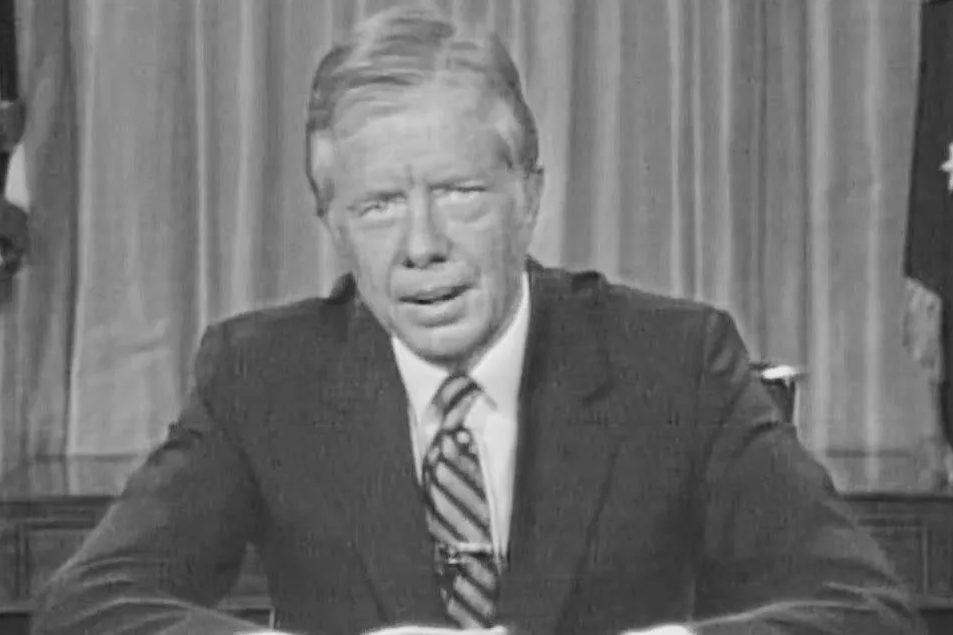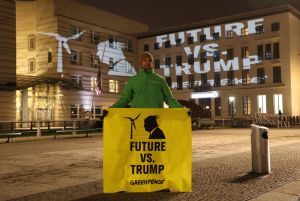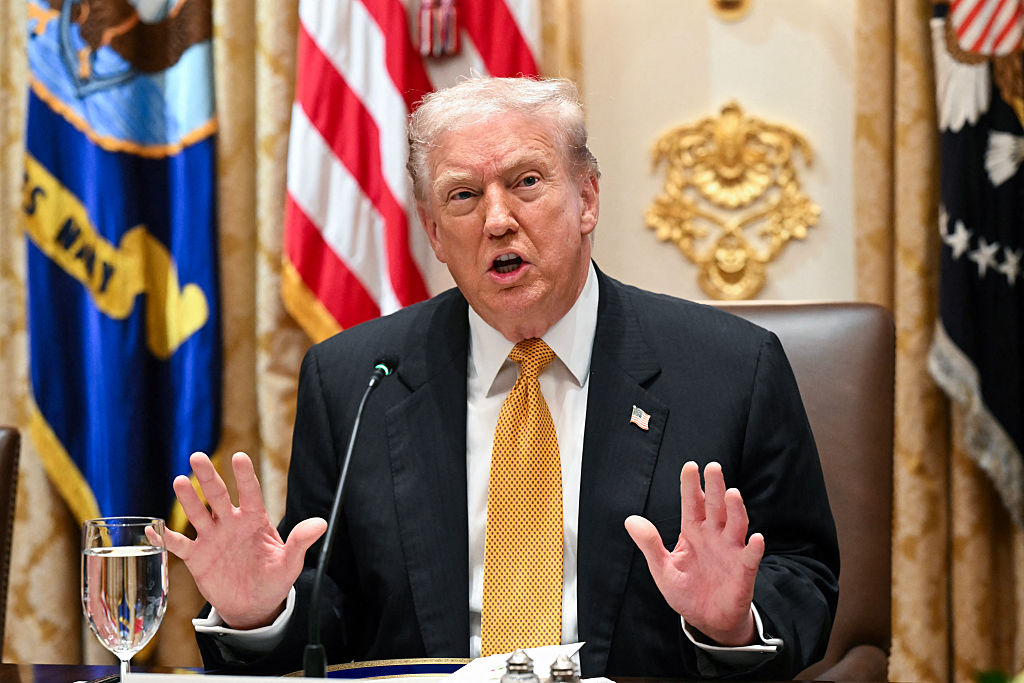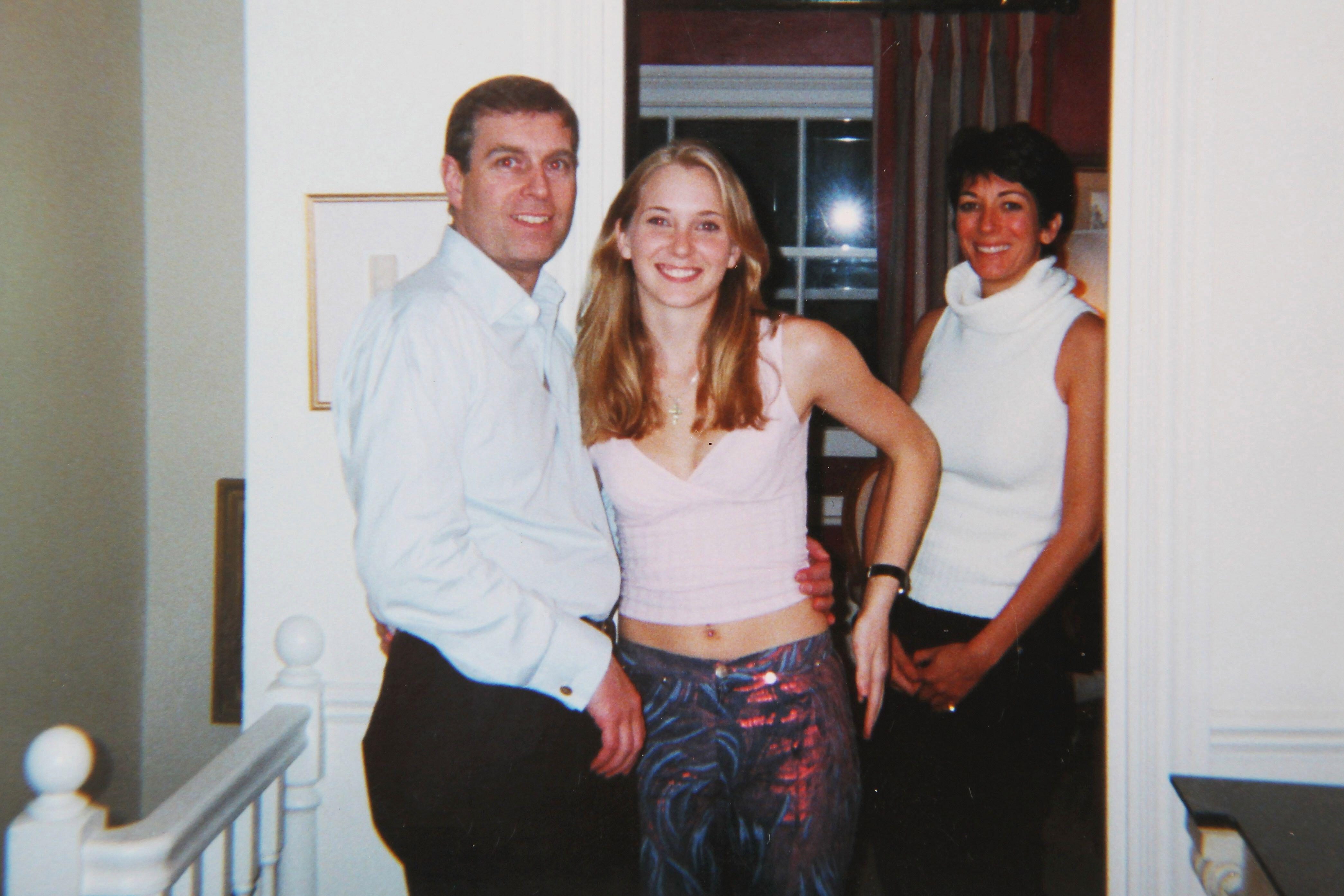It’s hard to think of a political oration that has backfired as famously as Jimmy Carter’s “crisis of confidence” speech, delivered from the White House on July 15, 1979.
The fact that it is still today called the “malaise” speech, despite the fact he never used the word, speaks to the scale of its failure.
Amid an energy and inflationary crisis, Carter, who died yesterday, wanted to redefine the political moment by addressing America’s tendency “to worship self-indulgence and consumption’.”
He aimed to inspire Americans to rediscover their self-sufficiency and lose their dependence on foreign oil. His poll numbers did in fact improve in the days after speech, but the message was not one Americans were ready to swallow at the start of the 1980s. Carter’s message of tough truth — “I do not promise a quick way out of our nation’s problems,” he said — became a byword for Democratic defeatism.
In our late-capitalist age voters are effectively consumers
Carter’s Christian realism could never compete with Ronald Reagan’s “morning in America” promise and his dazzling ability to tell Americans exactly what they wanted to hear. Reagan campaigned against what he called “those who would have us believe that America has reached the zenith of its power” and duly won a landslide victory in 1980.
Carter himself couldn’t live up to his own attempt to move America’s foreign policy away from the oil-rich instability of the Middle East. The Iran hostage crisis, which erupted later that year, ensured that Carter’s legacy was confirmed as a president who was better out of office than in.
In hindsight, though, it’s clear that Carter’s confidence speech struck on some important truths which have defined American politics ever since, especially when it comes to the collective and individual dependence on economic debt.
“Human identity is no longer defined by what one does, but by what one owns,” said Carter. “But we’ve discovered that owning things and consuming things does not satisfy our longing for meaning. We’ve learned that piling up material goods cannot fill the emptiness of lives which have no confidence or purpose.
“The symptoms of this crisis of the American spirit are all around us. For the first time in the history of our country a majority of our people believe that the next five years will be worse than the past five years. Two-thirds of our people do not even vote. The productivity of American workers is actually dropping, and the willingness of Americans to save for the future has fallen below that of all other people in the Western world.”
Carter identified “a growing disrespect for government and for churches and for schools, the news media and other institutions” — trends that have only become more pronounced in the fake news era of the twenty-first century. “This is not a message of happiness or reassurance, but it is the truth and it is a warning.” He was right. But his words marked him out as more a religious figure than a political one, which is why the obituaries of him today often read more like tributes to a late pope than a former commander-in-chief.
Carter’s radical energy program — effectively a profoundly un-American attempt to nationalize large parts of the energy sector — didn’t work at the time. But his understanding that energy independence was essential to American future prosperity is a point that Donald Trump, who in 1979 was beginning to develop his public persona as a real-estate developer who made good things happen, absorbed and turned into an essential part of his political philosophy.
“To give us energy security,” Carter called for “the most massive peacetime commitment of funds and resources in our nation’s history to develop America’s own alternative sources of fuel — from coal, from oil shale, from plant products for gasohol, from unconventional gas, from the sun.”
This is not too dissimilar to the “all of the above” energy agenda of Trump 2.0. Carter proposed an “energy security corporation.” Trump is installing a National Energy Council to ensure America is its own unchallengeable energy superpower for generations to come.
But Trump also understood from Carter and Reagan that, while policies and even rhetoric can be tough, to succeed in democratic politics a politician can never urge restraint or even suggest limits to individual power; that in our late-capitalist age voters are effectively consumers who do not like to be told they they aren’t right.
That’s partly why Trump is about to start his second administration and Carter never did. Joe Biden, who like the now deceased Carter tended to project weakness rather than strength from the White House, joins him as the only one-term Democratic presidents since World War Two. Meanwhile, America’s federal debt currently stands at more than $36 trillion.


























Leave a Reply